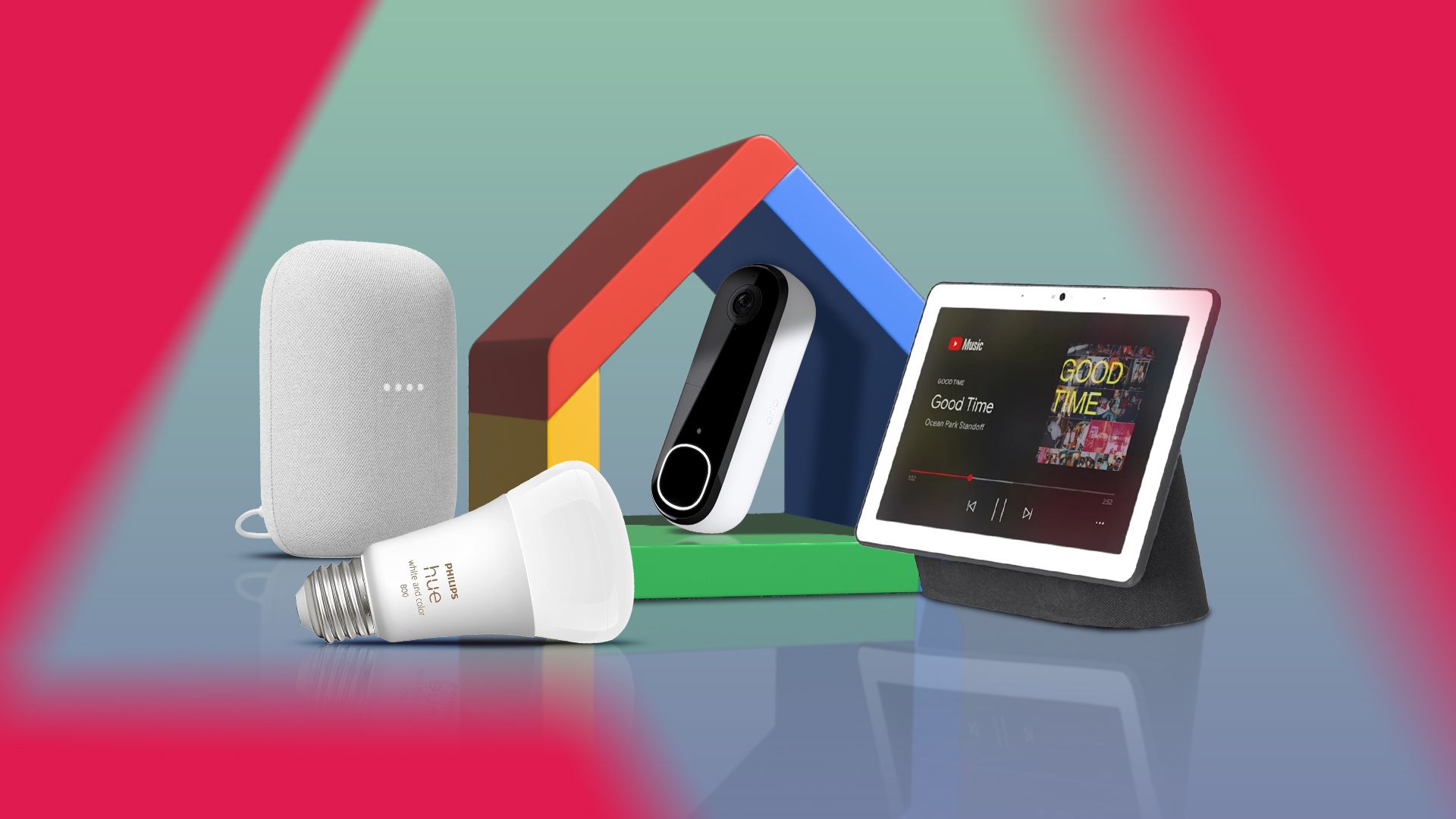By the end of 2025, Google Assistant will no longer be available on mobile devices. The tech giant is retiring Google Assistant whether you like it or not and isn’t stopping at phones and tablets. Cars, headphones, and smartwatches will all switch over to Gemini at a later date.
However, the transition won’t be the same for smart home devices. Google Assistant is the default voice assistant on all of Google’s Home and Nest devices, as well as many third-party manufacturers’ smart home products. Google Assistant is a core feature of these products, so the switch to Gemini will likely have a bigger impact here than on our phones. So, how will this switch change how we use our smart home devices?
Related
Gemini is officially replacing Google Assistant, here’s what that means for you
Google Assistant is all but retiring this year
Google promises a new experience for smart home devices
“Powered by Gemini” could mean anything
In Google’s blog post announcing the demise of Google Assistant, the tech giant announced that they were “bringing a new experience, powered by Gemini, to home devices like speakers, displays and TVs”
This statement is strangely ambiguous. While Google is clear that Gemini will fully replace Google Assistant on mobile devices, it suggests that something new is in the works for our smart home devices. Rather than the same Gemini experience on mobile, our smart home devices could host a unique implementation of the AI.
Google isn’t clear about what this “new experience” means for our smart home devices. However, by looking at Gemini’s flaws, it’s clear why Google might be taking a different approach to our smart home devices.
Gemini struggles to respond to basic commands
Google may offer a unique Gemini experience on smart home devices
Gemini is extraordinarily powerful. It can tell you whether an image is AI-generated or edited, organize and summarize hundreds of documents, collate research reports from across the web, and hold human-like conversations. However, it still struggles with basic tasks.
Ask Gemini for a pasta recipe, and it will generate one in seconds. But ask Gemini to set a timer for boiling your pasta, and it may tell you how to set a timer instead. Basic instructions like “set a timer for ten minutes” seem to confuse Gemini, whereas Google Assistant excels at these simple tasks.
Gemini also has a serious hallucination problem. While all generative AI chatbots hallucinate information, Gemini seems to be the worst offender. When testing the chatbot, I found that it would often invent trains if I asked it to list a schedule of train times. If I trusted Gemini, I would have turned up at the station with no train awaiting me. As tend to use Google Assistant when I have my hands full, I have to trust that the answers it gives me are correct. Gemini hasn’t earned that trust yet.
I use Google Assistant daily to:
- Set timers.
- Add items to my shopping list.
- Check the weather.
- Set reminders.
- Play and control music from my Spotify playlist.
While I occasionally issue more complex commands, these basic tasks form the core of my experience with voice assistants. When Gemini struggles with these tasks, Google’s emphasis on a “new experience” becomes clear.
Google must fine-tune Gemini for a successful smart home experience
Gemini must give simple and accurate answers
Google’s emphasis on the words “powered by Gemini” speaks volumes. Google clearly doesn’t think that Gemini is fit for the purpose of smart home devices, of which there is plenty of evidence. However, Gemini is capable of much more than Google Assistant.
In an ideal world, Gemini on our smart home devices will be a direct upgrade to Google Assistant. However, as it stands right now, it has a long way to go. We don’t need our smart speakers to list citations, but we do need it to reliably set reminders when asked.
Google is pouring resources into improving Gemini, and the experience improves every month. Gemini 2.5 Pro, its most intelligent AI model yet, shows vast improvements in most areas over earlier Gemini models and competing products like GPT-4.5, Frok 3 Beta, and DeepSeek R1.
Notably, improvements in this model supposedly reduced the chance of hallucinations, a key hurdle Google must overcome before bringing Gemini to our smart speakers. However, it’s limited to Google Advanced for now.
A “powered by Gemini” experience for our smart speakers should mean Gemini tweaked for our smart home uses. As it stands right now, responding to basic verbal prompts with lengthy explanations (which is useful when typing a question) isn’t what we need from our smart home devices.
Of course, you need compatible devices to run Gemini
We’ll have to wait for Google to explain what it means by “powered by Gemini” in the coming months, but it looks like your smart home experience will remain much the same. The biggest change current Google Assistant users will have to cope with is the potential change in hotword from “Hey, Google” to “Hey, Gemini.”
There’s one snag to all this, and that’s the question of which smart home devices can run Gemini. The 2019 Nest Mini launched only a year after Android 9, which is the oldest version of Android Gemini supports. If Google decides that its older hardware can’t handle Gemini, we may be stuck with smart home devices that steadily degrade in quality as Google strips features from Assistant.






